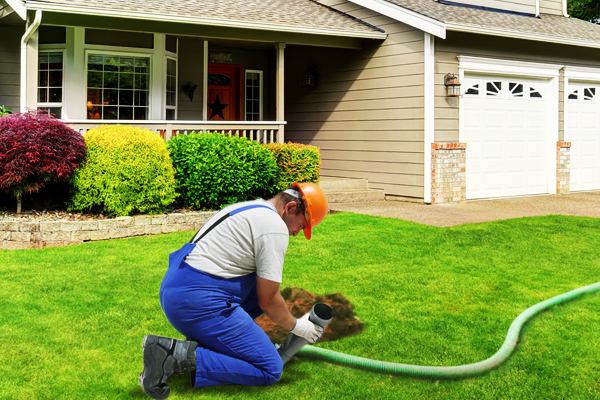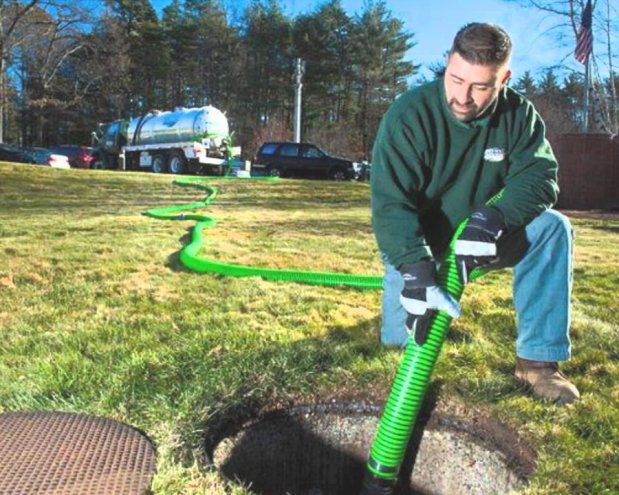
29
Proper water conservation is essential not only for environmental sustainability but also for the longevity and efficiency of your septic system. Excessive water usage can overwhelm a septic system, leading to potential failures, costly repairs, and frequent maintenance. Here are some practical water conservation tips to protect your septic system, ensuring it operates efficiently and lasts longer.
Conserving water reduces the amount of wastewater entering your septic system. This helps maintain the balance between wastewater input and the system’s capacity to treat and disperse it. Overloading the system can cause untreated wastewater to seep into the drain field, leading to contamination and costly septic tank repairs.
In addition to conserving water, regular maintenance is crucial for keeping your septic system in good working condition.
Water conservation is a vital practice for protecting your septic system. By implementing these water-saving tips and maintaining your septic system with regular septic tank pumping, inspections, and cleaning, you can enhance its efficiency and longevity.

12
A single slow drain in your home can feel like a minor inconvenience. Maybe the sink takes a little longer…
Read more
05
Are Slow Drains a Septic Issue or Just a Clog? Slow drains are one of those household problems that start…
Read more
02
What Septic Service Techs See That Homeowners Miss Most homeowners only think about their septic system when something goes wrong.…
Read more
21
Simple Habits That Protect Your Septic System A well-functioning septic system does its job quietly, but the moment something goes…
Read more
14
Pump Now or Pay Later: The Real Cost of Skipping Maintenance A properly functioning septic system is easy to forget…
Read more
11
Why Your Septic System Always Acts Up at the Worst Time Homeowners often feel that septic problems strike at the…
Read more
04
Early Warning Signs Your Septic Tank Needs Pumping For homeowners who rely on a septic system, routine maintenance is not…
Read more
29
Why Does My Septic System Smell Fine One Day and Terrible the Next? If you own a home with a…
Read more
19
Is Your Septic System Overdue? Simple Home Checks You Can Do Today For many homeowners, the septic system is a…
Read more
13
5 Signs Your Septic Tank Is Overdue for Pumping Your septic system works quietly behind the scenes, managing wastewater from…
Read more